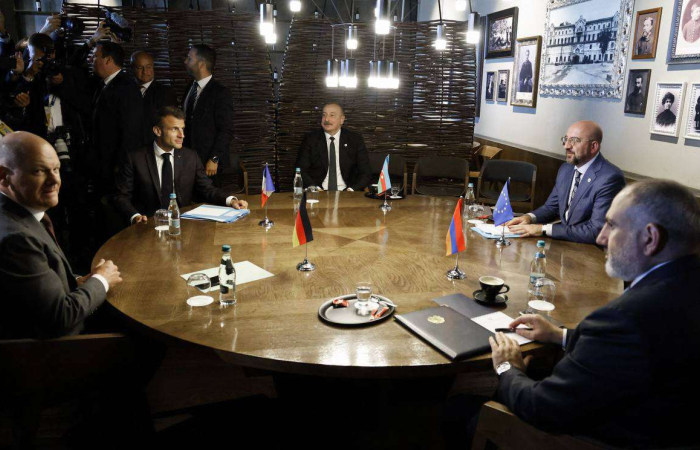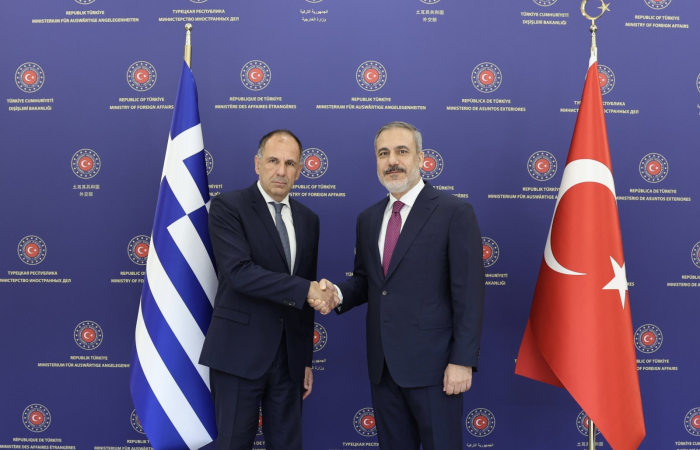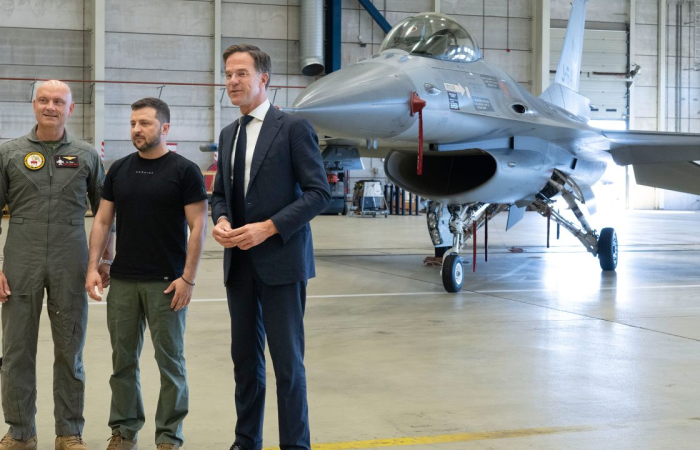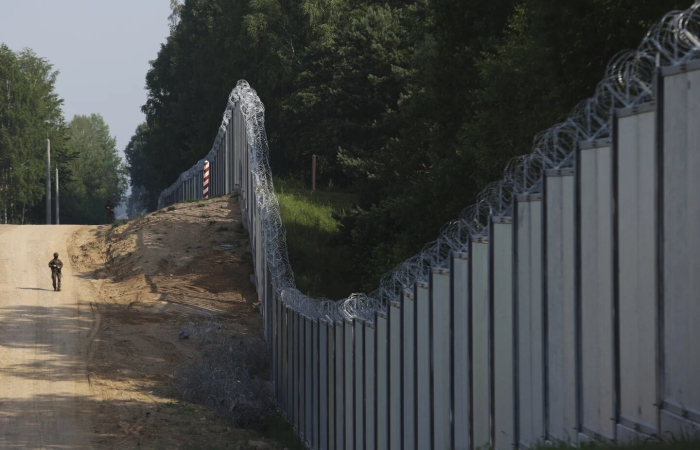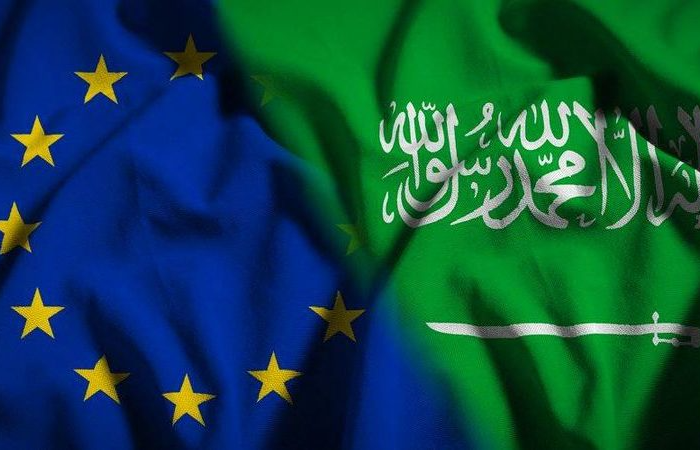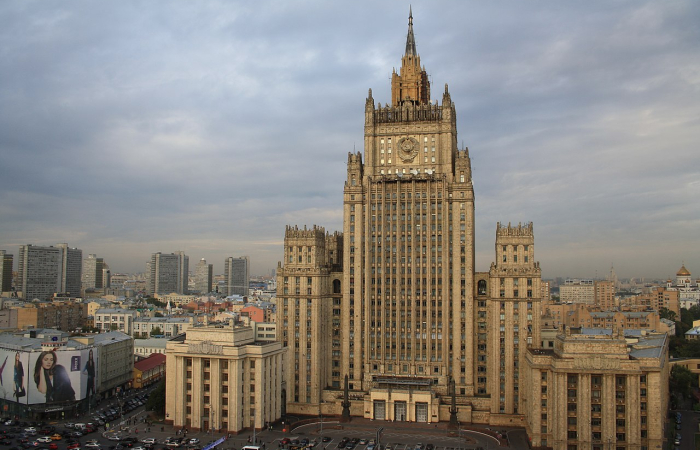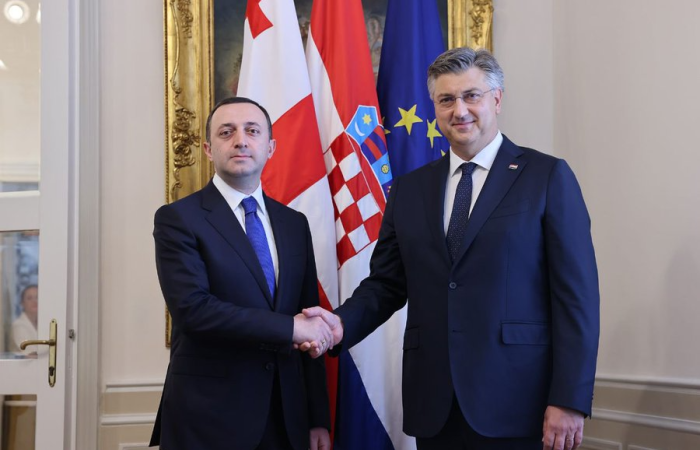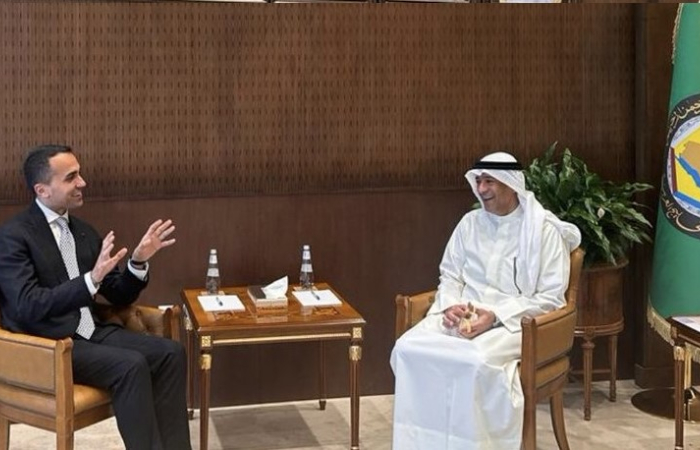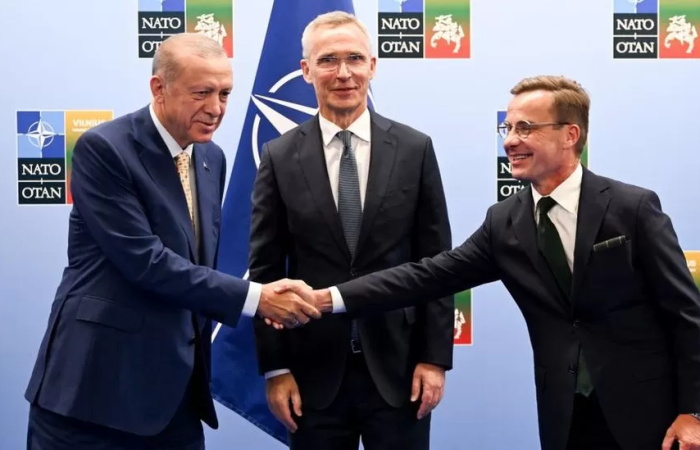Editor's choice
This is a members’ functionality. Please
Sign upNews
Trending
An Armenia-Azerbaijan peace agreement before the end of the year appears to be within reach
25 September 2023
Senior officials of Armenia and Azerbaijan are in Brussels this week to prepare for a leaders summit, scheduled to be held in Granada, Spain on 5 October. Armenian National Security Council Secretary, Armen Grigorian, and Azerbaijani Presidential Foreign Policy Assistant, Hikmet Haciyev will meet with representatives from the EU, France and Germany to prepare for the summit. This was announced simultaneously in Baku and Yerevan immediately after the visit to the region of the EU Special Representative for the South Caucasus, Toivo Klaar on Friday and Saturday.
Such meetings between Haciyev and Grigorian have taken place in the past, but usually without much publicity. The announcement comes amongst increased speculation that Armenia and Azerbaijan are close to agreeing the text of a peace agreement between them and that this could be signed before the end of the year, a pre-document, may even be signed in Granada.
This development comes despite the fact that recent weeks have seen a high level of tension in the region, which culminated on Tuesday (19 September) in a 24 hours Azerbaijani military operation which re-asserted Azerbaijani control over Nagorno-Karabakh - even whilst leaving hundreds of casualties and thousands of refugees. The operation led to the Armenians of Karabakh agreeing to disarm, and the two sides are now holding talks for the eventual reintegration of the territory within the Azerbaijani state. The process has been mediated by the command of the Russian military contingent in Karabakh.
commonspace.eu political editor says that a picture is emerging, whereby Russia is taking the leading role in the mediation between Baku and the Karabakh Armenians, and with supervising any agreement between them through the Russian military contingent in Nagorno-Karabakh, which numbers around 2000 personnel. The EU, through the wider format involving both the president of the European Council, Charles Michel, and the leaders of France and Germany, can now focus on Armenia-Azerbaijan relations, and the eventual signing of a peace agreement. This arrangement looks very neat on paper, but of course there are many cross cutting issues. How the two processes will evolve in parallel yet in harmony is yet to be seen.





